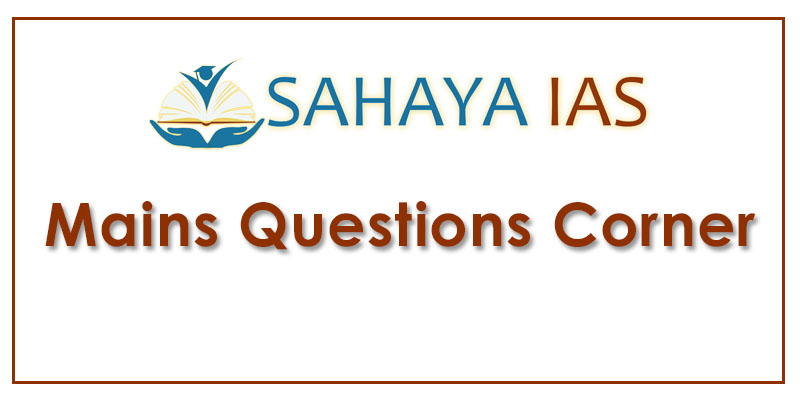Law Commission report was against cap on parties’ spending; Election Commission wants government to introduce ceiling.
Argument for a cap
Limits on campaign expenditure are meant to provide a level-playing field for everyone contesting elections. It ensures that a candidate can’t win only because she is rich. The 255th Report of the Law Commission on electoral reforms argued that unregulated or under-regulated election financing could lead to “lobbying and capture, where a sort of quid pro quo transpires between big donors and political parties/candidates”.
Ceiling applicability
The Election Commission (EC) imposes limits on campaign expenditure incurred by a candidate, not political parties. Expenditure by a Lok Sabha candidate is capped between Rs 50 lakh and Rs 70 lakh, depending on the state she is fighting from. In Assembly elections, the ceiling is between Rs 20 lakh and Rs 28 lakh. This includes money spent by a political party or a supporter towards the candidate’s campaign. However, expenses incurred either by a party or the leader of a party for propagating the party’s programme are not covered.
Candidates must mandatorily file a true account of election expenses with the EC. An incorrect account, or expenditure beyond the ceiling can attract disqualification for up to three years under Section 10A of The Representation of the People Act, 1951.
Effectiveness of cap
There is evidence to suggest that candidates may be spending beyond their ceilings. An analysis of expenses for the 2014 Lok Sabha elections by the nonprofit Association for Democratic Reforms (ADR) found that even though candidates complained that the EC’s limits were too low and unrealistic, as many as 176 MPs (33%) had declared election expenses that were less than 50% of the limit in their constituency — indicating that candidates may not be providing true accounts of their poll expenses to the EC.
Capping party spends
The Law Commission was against identifying a ceiling for expenditure by parties. The 255th Report on electoral reforms said: “It is recommended that the law on this point does not change, namely that there are no caps on party expenditure under the RPA given that it would be very difficult to fix an actual, viable limit of such a cap and then implement such a cap. In any event, as the experience with section 77(1) [which asks candidates to keep correct accounts of all election-related expenditure]… reveals, in the 2009 Lok Sabha elections, on average candidates showed election expenditures of 59% of the total expenses limit. There is no reason why the same phenomenon of under-reporting will not transpire amongst parties.”
It added: “Our previous experience in prohibiting corporate donations in 1969 did not lead to a reduction in corporate donations. Instead, in the absence of any alternative model for raising funds, it greatly increased illegal, under the table and black money donations.”
EC view on party spends
The EC has asked the government to amend the R P Act and Rule 90 of The Conduct of Elections Rules, 1961, to introduce a ceiling on campaign expenditure by political parties in the Lok Sabha and Assembly polls. “It should be either 50% of or not more than the expenditure ceiling limit provided for the candidate multiplied by the number of candidates of the party contesting the election,” the EC has told the Law Ministry. “The limit… will ensure level playing field for all political parties and curb the menace of unaccounted money in elections. …It will also control the money power used… by political parties and their allies.”
Reaction of the parties
The EC’s proposal to the Law Ministry on party expenditure was on the agenda of Monday’s meeting. All major parties barring the BJP pushed for a cap on their election-related expenses, saying only this could ensure a level playing field. The BJP has argued that since all parties have to mandatorily file their income and expenditure accounts with the EC, there is no need for a ceiling on expenses during elections. The Congress, too, supported a cap on party expenditure, even though it was not as vocal as the regional parties.



Comments (0)